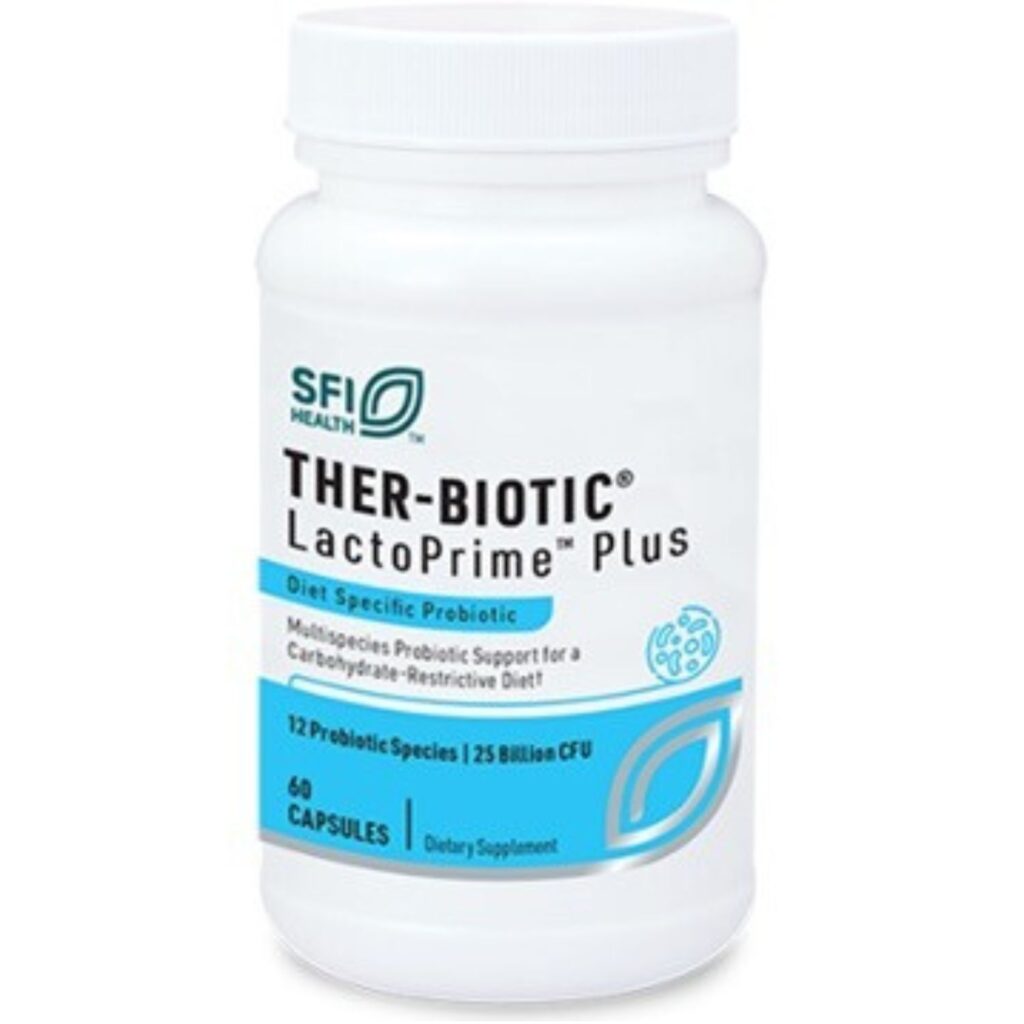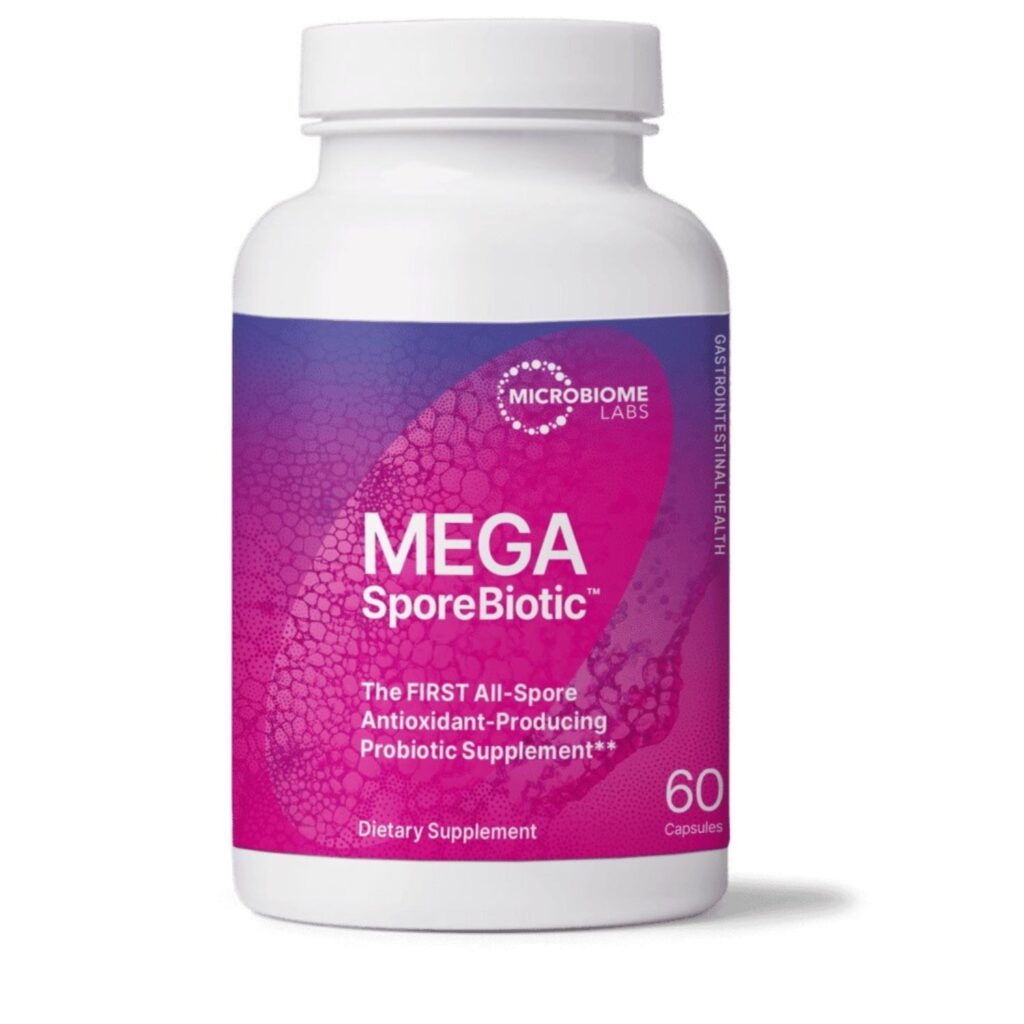How Tiny Organisms Play a Big Role in Reproductive Health
We often think of fertility as a hormonal issue, but science is increasingly revealing another key
player: the microbiome. These trillions of microscopic organisms, mostly bacteria, live in and
on our bodies, especially in the gut, reproductive tract, and skin. Far from being passive
bystanders, they influence everything from immunity to metabolism… and yes, even fertility.
So how exactly does your microbiome impact your chances of conceiving? Here’s what the latest
research shows, and how you can support a healthy microbiome to optimize your fertility.
What Is the Microbiome?
The human microbiome is a diverse ecosystem of microbes, including bacteria, fungi, and
viruses. The most well-known is the gut microbiome, which aids in digestion, immune defense,
and hormone regulation. But there are also reproductive tract microbiomes – in the vagina,
uterus, and semen – that play a crucial role in fertility.
These microbiomes must be in balance. When they’re disrupted (a condition called dysbiosis),
inflammation, hormonal imbalances, and fertility challenges can follow.
The Immune System, Gut Microbiome, and Reproduction
The gut microbiome is involved in metabolizing and regulating hormones like estrogen,
progesterone, testosterone, and insulin. One of its key players is the estrobolome, a subset of
bacteria that helps break down estrogen. If gut bacteria are imbalanced, this can lead to:
- Estrogen dominance (linked to PCOS, endometriosis, and fibroids)
- Inflammation and immune dysfunction, which can impair fertility
- Poor nutrient absorption, making it harder to get fertility-boosting nutrients like folate,
iron, and omega-3s
Furthermore, your microbiome is a key regulator of your immune system. Since conception and
pregnancy require precise immune balance – tolerating the embryo without attacking
it – microbiome health is essential.
Imbalances can contribute to:
- Recurrent miscarriages
- Implantation failure in IVF
- Autoimmune reactions that affect reproductive organs
The Vaginal Microbiome and Female Fertility
A healthy vaginal microbiome is typically dominated by Lactobacillus species, which help maintain a low pH environment that protects against infections and supports sperm viability.
Imbalances in the vaginal microbiome can lead to:
- Bacterial vaginosis (BV), which has been linked to infertility, miscarriage, and preterm labor.
- Chronic inflammation, which can impact implantation and embryo development.
- Altered cervical mucus, making it harder for sperm to reach the egg.
Emerging research also shows that the uterine microbiome, once thought to be sterile, plays a role in successful embryo implantation and pregnancy maintenance.

The Seminal Microbiome and Male Fertility
Men have microbiomes too – including in their semen. Research shows that certain bacteria are associated with healthier sperm, while others are linked to lower sperm count, poor motility, and DNA fragmentation. A healthy male microbiome may:
- Improve sperm quality
- Reduce oxidative stress
- Support a healthier pregnancy when conception occurs
How to Support a Fertility-Friendly Microbiome
The good news is that your microbiome is highly responsive to your lifestyle. Here are science-backed ways to improve it:
1. Eat for Diversity
- Load up on fiber-rich fruits, vegetables, legumes, and whole grains.
- Include fermented foods (yogurt, kefir, sauerkraut, kimchi) to introduce beneficial bacteria.
- Avoid ultra-processed foods and excess sugar, which feed harmful bacteria.

2. Take Probiotics (if needed)
- Look for strains such as Lactobacillus rhamnosus, Lactobacillus crispatus, and Bifidobacterium, all linked to gut and vaginal health.
- Some probiotics are designed specifically for fertility and reproductive health.


3. Avoid Unnecessary Antibiotics
- Antibiotics can wipe out good bacteria. Use only when prescribed and follow with a gut-restoration protocol.
4. Manage Stress
- Chronic stress alters gut microbiota and increases inflammation. Try yoga, meditation, or even gentle exercise to support both gut and fertility health. Consider talking to your doctor about Adrenal tests to further support your stress management through appropriate supplementation and specific lifestyle changes unique to you.
5. Get Your Microbiome Tested
- There are now advanced functional tests that can assess both gut and reproductive tract microbiomes, helping you identify imbalances before or during your fertility journey. Schedule an appointment with your provider to discuss what tests are right for you!

Want more Inspired tips?
Be sure to follow us on Instagram, Facebook, and Pinterest.
Also, sign up for our newsletter!
Visit us in-person at Inspired Health, or schedule a TeleHealth appointment!
References
- Xiao L, Zuo Z, Zhao F. Microbiome in Female Reproductive Health: Implications for Fertility and Assisted Reproductive Technologies. Genomics Proteomics Bioinformatics. 2024 May 9;22(1):qzad005. doi: 10.1093/gpbjnl/qzad005. PMID: 38862423; PMCID: PMC11104452.
- Vitale SG, Ferrari F, Ciebiera M, Zgliczyńska M, Rapisarda AMC, Vecchio GM, Pino A, Angelico G, Knafel A, Riemma G, De Franciscis P, Cianci S. The Role of Genital Tract Microbiome in Fertility: A Systematic Review. Int J Mol Sci. 2021 Dec 24;23(1):180. doi: 10.3390/ijms23010180. PMID: 35008605; PMCID: PMC8745627.
- Qi X, Yun C, Pang Y, Qiao J. The impact of the gut microbiota on the reproductive and metabolic endocrine system. Gut Microbes. 2021 Jan-Dec;13(1):1-21. doi: 10.1080/19490976.2021.1894070. PMID: 33722164; PMCID: PMC7971312.






